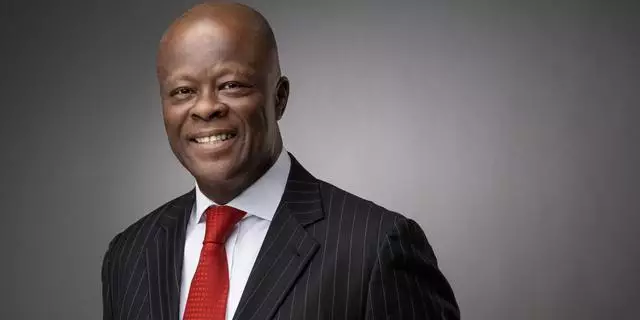The Minister of Finance and Coordinating Minister of the Economy, Wale Edun, h disclosed plans by the government to concentrate more on domestic revenue mobilisation through efficient collection of taxes, fees and payments that are due to the government.
He state this on the sidelines of the World Bank Group/International Monetary Fund Annual Meetings holding in Marrakech, Morocco.
Citing a consistent rise in global interest rates, the minister emphasised the need for countries including Nigeria to focus more on mobilising resources locally, a move Nigeria has started embarking on.
Edun, who spoke shortly after G-24 meeting involving Nigeria, further disclosed that the meeting was basically looking at transforming the multilateral financial institutions for the 21st century.
“A special adviser spoke on a report that has been done, World Bank vice president and IMF managing director also made their contributions. Essentially, the conversation was that the global financial architecture needs to be reformed for the 21st.
“Basically, what (World Bank Group/IMF) we have at the moment is not meeting the expectations and requirements of developing countries such as Nigeria, there is not enough concessionary financing; interest rates are going up even within the multilateral institutions, such that interest rates are so high around the world that the issue of debt is one that is very high on the agenda,” Edun stated.
He also pointed out existing financing gap, noting that there is not enough funding to fund the developing requirements of the poorer countries, which is what the conversation is all about, the need for reforms, change and improvements.
“They talked about a bigger, a better and bolder World Bank Group that will perhaps mobilise private sector funding.”
The minister also revealed plans by the President Bola Tinubu-led government to unveil a major tax policy reform very soon.
“Again for Nigeria, something that the government of President Bola Tinubu has been emphasising also came to the fore here,-and that is domestic resource mobilisation-the fact that we have depend on our savings, resources to a larger extent- we must be efficient in collecting taxes, fees and payments that are due, we must efficient and cost effective with our expenditure.
“We must create a bigger base of financing from our own resources, we must rely on ourselves, we must pull ourselves up much more than relying on others. That was an important message that came out.”









